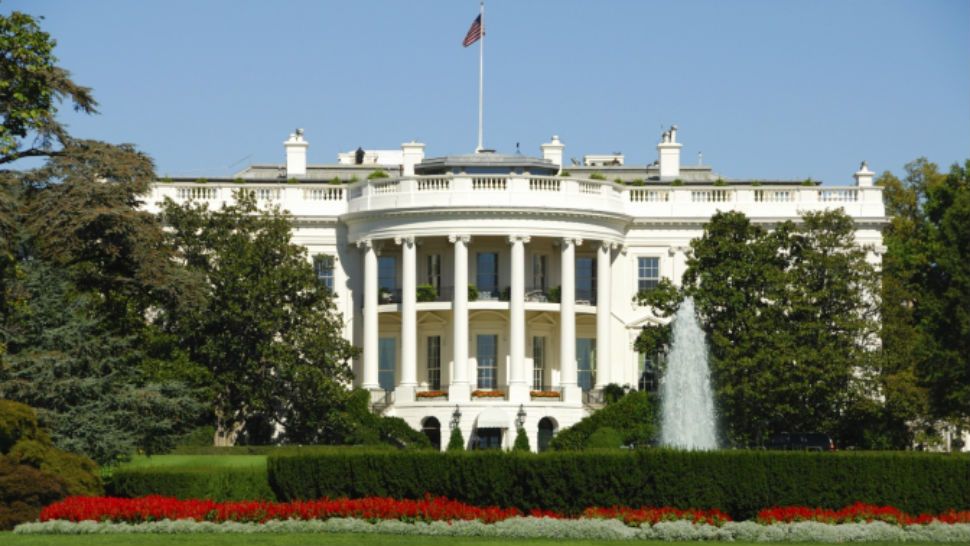ORLANDO, Fla. — The Trump Administration Friday declared a public health emergency because of growing concerns regarding the novel coronavirus.
- U.S. citizens coming back from China to undergo quarantine rules
- Foreign nationals barred from the U.S. if they pose a health risk
- RELATED: 3 US Airlines Suspend Travel to China Over Coronavirus
The Coronavirus Task Force made the announcement at the White House. The members say the chances of getting the virus in the United States are low, but they are being proactive to keep the virus from spreading.
Beginning Sunday at 5 p.m., any American who has been to Hubei Province in China in the previous 14 days will be subject to up to 14 days of mandatory quarantine for medical screening.
Any U.S. citizen who has been in any other part of mainland China in the previous 14 days will undergo a health screening, and up to 14 days of monitored self-quarantine to insure they don't have the virus.
In addition, the Trump Administration is suspending entry into the United States for any foreign nationals who pose a risk of transmitting the virus.
The task force says part of the problem is the unknown aspects of the virus. Unlike the flu, which is well-known and can be tracked, there are a lot of unknowns.
"The number of cases have steeply inclined each and every day," said Dr. Anthony Fauci, head of the National Institute of Allergy and Infectious Diseases.
Another reason for the move was a report from Germany about a traveler from China spreading the virus even though they had no known symptoms.
Federal health officials also say the test being used to detect the virus isn't 100 percent dependable.
Fauci said the actions being taken were necessary to mitigate the spread of the virus in the U.S.
As part of the public health emergency, travelers coming from China will be quarantined for 14 days to make sure they don't have the virus. Flights from China will be restricted to seven airports starting Sunday to help with that.
The CDC says there are more than 9,000 cases in China, with 213 deaths. There are 132 additional cases in 23 countries, including six confirmed cases in four U.S. states.



